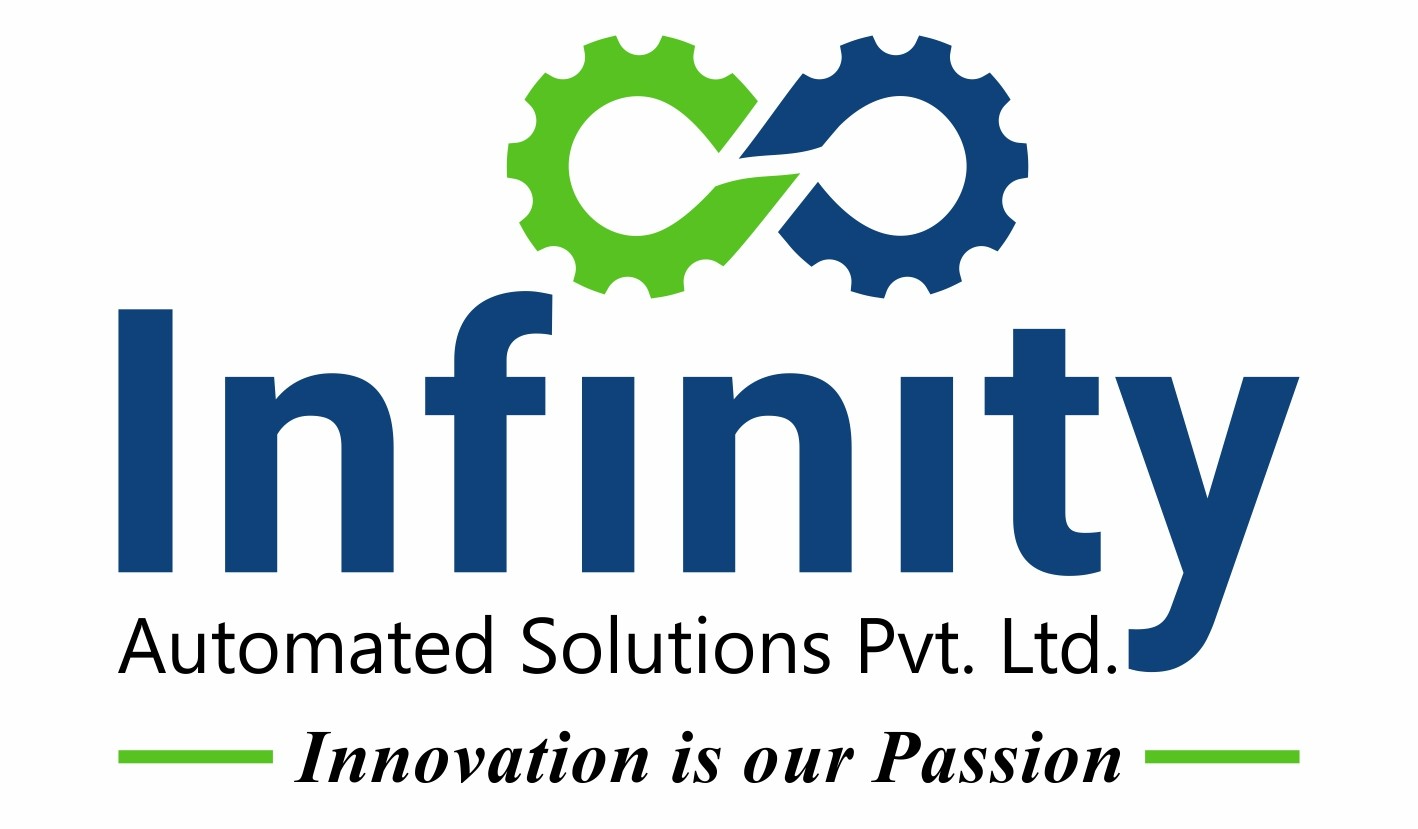Automated secondary packaging of coffee involves the use of machinery and automated systems to package coffee products after their initial packaging. This process typically occurs after the coffee has been roasted, ground, and packaged into individual units such as bags, pods, or capsules.
The primary goal of automated secondary packaging is to streamline the packaging process, increase efficiency, and improve productivity while ensuring the quality and integrity of coffee products. Here are some common aspects of automated secondary packaging in the coffee industry:
- Automated Cartoning Machine: Automated cartoning machines are used to group individual coffee units into larger cartons or boxes. These machines can fold and seal the cartons, insert the coffee units, and close the cartons for further processing or distribution.
- Automated Case Packing: Case packing systems are employed to group multiple cartons or boxes of coffee units into more prominent cases or containers. These systems can handle high volumes of coffee products and ensure proper alignment and stacking of the cases for efficient transportation and storage.
- Pouch Bundling and Wrapping refer to grouping individual coffee pouches together and securing them with wrapping material. This secondary packaging technique is commonly used to create multipacks or bundles of coffee pouches for retail display or distribution purposes.
By automating the secondary packaging process, coffee companies can achieve higher production speeds, reduce labor costs, minimize errors, and maintain consistent packaging quality. Additionally, automated systems can provide data and analytics on production rates, packaging materials usage, and overall equipment effectiveness, enabling companies to optimize their operations further.
Advantages: Secondary Packaging of coffee
Automated secondary packaging of coffee using cartoning machines offers several advantages, including:
- Increased Efficiency: Automated cartoning machines significantly increase packaging speed and efficiency compared to manual packaging. They can handle a high volume of coffee products, reducing the time required for packaging and increasing overall production output.
- Cost Savings: By automating the packaging process, businesses can reduce labor costs associated with manual packaging. Cartoning machines require fewer operators, minimizing the need for manual labor and reducing expenses in the long run.
- Improved Productivity: The consistent and reliable operation of automated cartoning machines leads to improved productivity. These machines can operate continuously for extended periods, reducing downtime and increasing overall production efficiency.
- Precise and Consistent Packaging: Automated cartoning machines ensure precise and consistent packaging of coffee products. They can accurately position coffee bags, pouches, or jars within the cartons, resulting in neatly and uniformly packed boxes. This enhances the visual appeal of the product and maintains a professional and consistent brand image.
- Enhanced Product Protection: Cartoning machines provide secure and reliable packaging for coffee products, protecting them from damage during transportation and handling. The machines seal cartons tightly, preventing moisture, air, or light from affecting the quality and freshness of the coffee.
- Customization Options: Automated cartoning machines can be easily adjusted to accommodate different carton sizes, packaging formats, and product variations. This flexibility allows businesses to adapt to changing packaging requirements and cater to various coffee product lines or branding preferences.
- Quality Control: These machines often include quality control features, such as sensors and cameras, to detect and reject any defective cartons or products. This ensures that only high-quality, properly packaged coffee products reach the market, enhancing customer satisfaction and brand reputation.
- Regulatory Compliance: Automated cartoning machines can be programmed to meet specific regulatory requirements for packaging, such as labeling standards or allergen information. They help ensure compliance with industry regulations, reducing the risk of non-compliance penalties and recalls.
In summary, the automated secondary packaging of coffee using cartoning machines offers advantages such as increased efficiency, cost savings, improved productivity, precise packaging, product protection, customization options, quality control, and regulatory compliance. These benefits contribute to streamlined operations and improved customer satisfaction.


